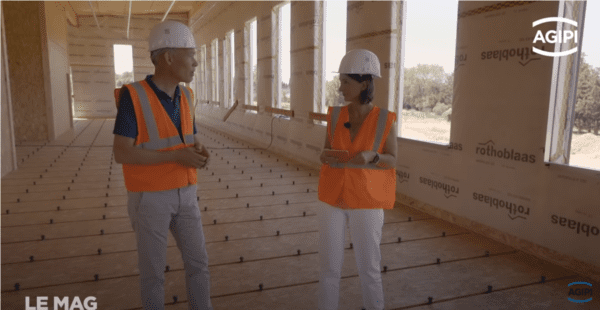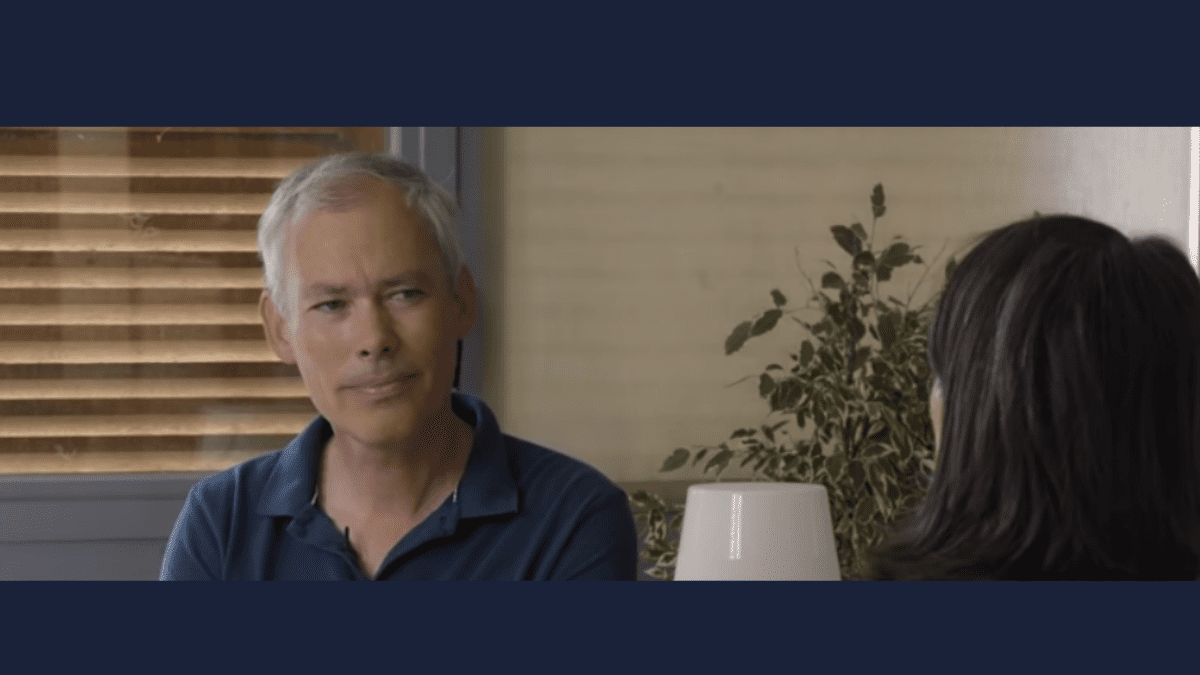AGIPI meets Claranor for a discussion about sustainable development
blue economy, corporate social responsibility
Below the transcription of this interview between Carine Rocchesani and Christophe Riedel.
After studying food process engineering, Christophe Riedel first worked for large industrial companies before starting an MBA which led him to become interested in the use of Pulsed Light for packaging sterilization in the food industry.
He joined Claranor in 2007 and built up a multidisciplinary team of people qualified in engineering, microbiology, automation and optics.
Christophe Riedel, who has been managing Claranor since 2010, is delighted to see that the company’s contribution to sustainable development is attracting strong commitment from employees, and in particular from the younger generation.
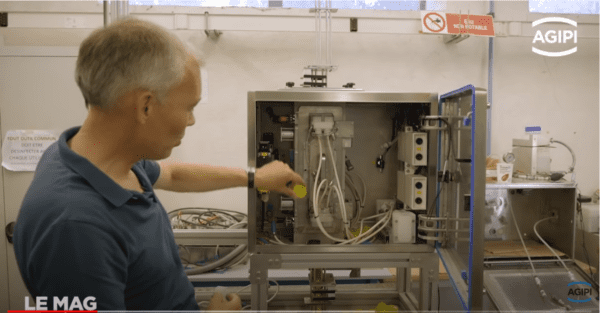
Why is the subject of sustainable development important to you?
I think it’s related to my childhood and people around me who also had this subject very much at heart in a pioneering way.
In your professional career as well as in your studies, have there been times when it caught up with you?
When I started working on Pulsed Light in the early 2000s, it’s a clean, dry, low-energy technology and that’s what brought us here.
Can you tell us more about Pulsed Light? What is its purpose and what role does it play in the food processing industry?
Pulsed Light is an intense flash of light that contains ultraviolet light and these flashes sterilise micro-organisms on surfaces. The 0.3 millisecond flash kills them instantly and our solution allows us to replace chemical disinfectants with Pulsed Light. This is also known as the blue economy and it’s totally in line with future technologies to ensure the food preservation for modern life.
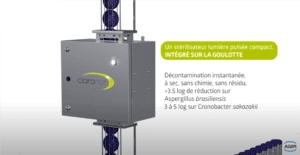
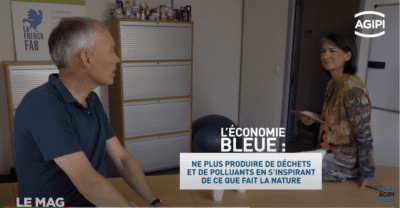
How do you go from a virtuous innovation to an industrial machine for SMEs and larger groups?
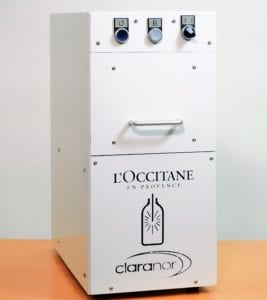
We listened to the customers to see what their needs were and the applications where there could be a market to industrialise and produce many machines and make many sales in order to have a sustainable business.
We have just launched with L’Occitane en Provence group, a very nice French brand of natural cosmetics, a machine dedicated to L’Occitane shops to sterilise bottles to reuse them. Customers come back with their bottles so that our machine can sterilise the bottle before refilling. This is a zero waste approach.
With all this growth potential, the premises are getting smaller and smaller!
Yes, that’s why we are constructing a new building to double the size of our premises.
Here we are in this beautiful wooden building, can you tell us something about it?
It is a building made entirely of wood with a maximum of bio-sourced materials. The car park is located in the basement in order to limit the waterproofing of the soil, which will allow us to have green spaces and therefore enjoy the use of the building. This building has been labelled a Mediterranean Sustainable Buildings (BDM).
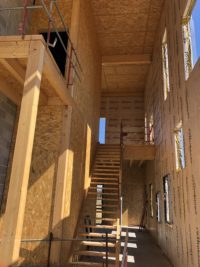
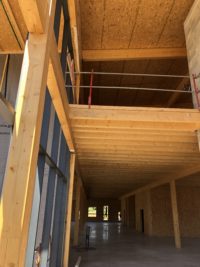
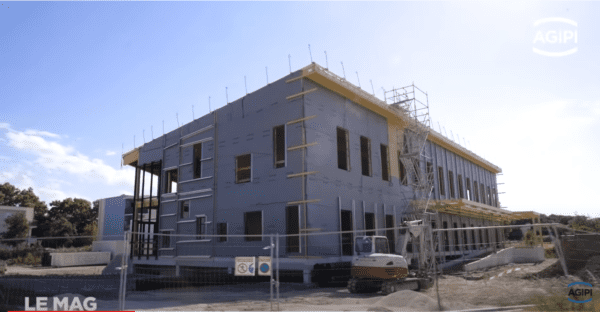
It is the visible proof of your CSR commitment but there is also the whole societal dimension which is important.
Yes, the societal and social dimension in the company is the health of the employees, the salary at the time of hiring, the well-being in the company, the half-yearly individual interview, the way of making decisions, of explaining, the transparency of information are important aspects. We try to be anchored and not out of touch with our business.
On the subject of CSR, do you feel that shareholders and your customers are increasingly aware?
I think that there is a general awareness that comes from society. For SMEs like us, this remains a differentiating factor, but for the largest groups it is becoming a real constraint, both because of regulatory pressure and because of the NGOs that are gradually taking legal action to ensure that the State and the large companies keep their commitments.
“a truly virtuous orientation for the consumer or saver“
This is a truly virtuous orientation for the consumer or saver who often has the reflex to invest his money where it yields the most profit; in the same way that companies have managed their activity by focusing solely on profitability and numbers, and we can see that the evolution of society, the climate and the environment. This requires that everyone exercise their responsibility.
When a company director has to spend a few million to build a building, he has to do something that is aligned with the actual challenges, and a saver, when he places his money for his retirement, when he invests, nowadays he has to be responsible and demanding, and it is interesting that an organisation like Agipi, which drains very large amount of money, is part of this approach and is also making available tools that allow it to be oriented towards a better society and environment, while remaining profitable.
What do you think of the great initiative of the company, Time for the Planet, which has created a movement to finance companies that fight against greenhouse gases?
In the social debate that is taking place and with the evolution that we have after years of an economic model oriented towards profitability by companies, the associative world and the society are rising up to promote different values and find a meaning. As soon as we are no longer in a company, we take on a hierarchical model that works, a democratic model where the environment belongs to everyone in an equitable way, it’s a bit like the “one man, one vote” principle. And when the company has to deal with environmental or societal issues, both systems have to be involved to find a solution. This is reflected in the SMEs governance. I am particularly interested in moving forward in this debate of ideas and in this research.
